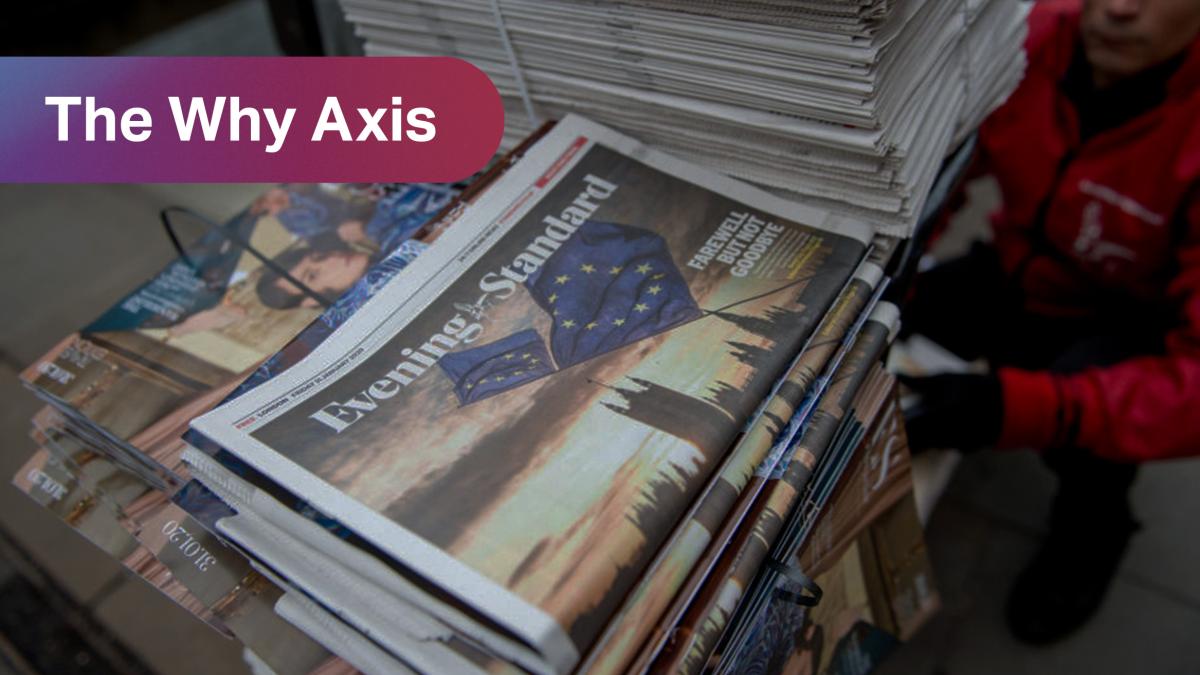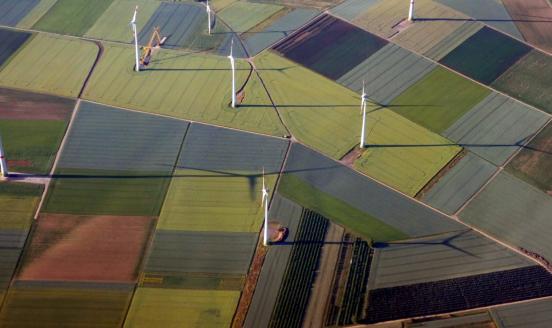Where do transatlantic negotiations on US Section 232 steel and aluminium tariffs stand?


Using the permanent removal of Trump’s national security tariffs on steel and aluminium imports as a leverage, the Biden administration has engaged in negotiations with the European Union on ‘global steel and aluminium arrangements to restore market-oriented conditions and address carbon intensity’. Negotiators are now running up to an October 31 deadline. If no agreement can be reached, US tariffs and EU retaliatory measures will be reinstalled automatically.
If implemented, the US negotiation proposal in these talks would establish an international arrangement labelled ‘climate club’ that externalises market access restrictions afforded by US Section 232 tariffs to the customs borders of club members. The declared objective is to incentivise non-members to adopt low-carbon steel and aluminium production methods.
But the US proposal suffers from design flaws including the lack of credible domestic abatement commitments, inefficient incentives, WTO inconsistency and incompatibility with the EU CBAM. These flaws are a function of the policy objectives USTR pursues with this scheme, including protectionism and US competition with China.
EU negotiators, on the other hand, are using the talks as a vehicle to advance WTO compatible solutions for the decarbonisation of steel and aluminium industries at home and abroad and to address overcapacity challenges. Given the sharply diverging negotiation positions and associated respective domestic political constraints on both sides, however, policymakers should engage stakeholders to manage expectations towards a low-ambition negotiation result.
The Why Axis is a weekly newsletter distributed by Bruegel, bringing you the latest research on European economic policy.



